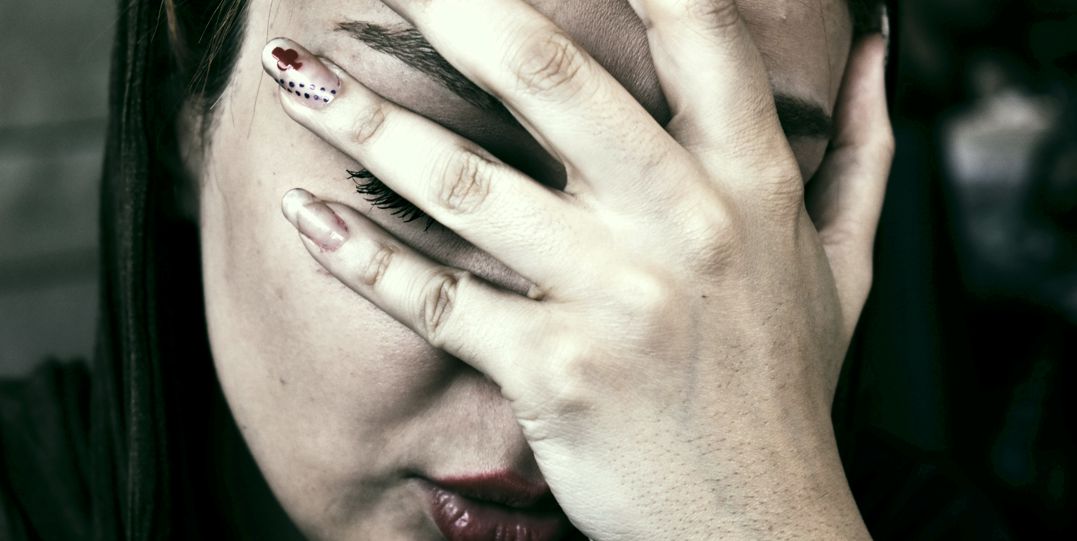
Ever wondered where that headache came from? While men and women suffer from headaches for a number of reasons – dehydration, age, family history – levels of estrogen and progesterone, the hormones that regulate menstrual cycles and pregnancy, can play a role in headaches and migraines.
Let’s get this straight: Migraines are not the same as a bad headache
A migraine is a neurological disease that involve nerves and chemicals, a nasty headache is just one symptom of migraines. Other symptoms can include nausea, sensitivity to light, sound or smells, dizziness and fatigue.
Why the headache, lady?
If you’re menstruating, the hormones that dictate your cycle vary throughout the month. Just before your period, there is a drop in estrogen. Menstrual migraines typically start 2-3 days before your period, and can continue through and beyond, and are trigged by the drop in estrogen. How big a shift in hormones seems to reflect how likely you are to get a migraine.
Symptoms of a Migraine Headache
– Pain on just one side of the head that can be dull or severe
– Can last anywhere from a few hours to 3 days
– May have spots or lines appear in vision
– Increased sensitivity to light, smell or sound
– Gets worse with physical activity
– Nausea and/or vomiting
 What can I do?
What can I do?
We asked Melissa Lyapustina, Family Nurse Practitioner specializing in women’s, sexual and reproductive health,at TMCOne Rita, for suggestions:
- Start a migraine journal to try to identify any triggers. Common triggers are wine, caffeine, chocolate, alcohol, citrus fruits, aged cheeses and artificial sweeteners
- Have a regular sleep schedule
- Ensure you are drinking enough water
- Exercise at least 3 days per week.
- Learn to manage your stress. Options might be yoga, guided meditation, therapy, aerobic exercise and massage.
- If your provider says it is safe, you can try taking acetaminophen and ibuprofen together at the same time.
- If your migraine does not have an aura, taking birth control that stops you from ovulating like the birth control pill, patch, or ring can prevent menstrual migraine
- Some people find a nightly magnesium supplement can help. Ask your provider about whether a magnesium supplement might be something you can try.
- Some people find using aromatherapy and lavender oil soothing
- Acupuncture and acupressure can also provide relief to some migraine sufferers.
There are many medications and treatments that your provider can discuss if none of the above are working for you. Make an appointment with a provider right away if your migraines are new or different.